The Rocky Hill Democratic Town Committee invites interested residents to apply for appointment to a variety of town boards and commissions. These bodies play a vital role in local governance, helping to shape policy, guide development, and ensure that our community’s needs are represented with integrity and expertise.
Service on a commission is an opportunity to contribute meaningfully to public life, strengthen civic institutions, and uphold the values of transparency, accountability, and good governance. We encourage residents from all backgrounds, professions, and experiences to consider applying.
Appointments are made on a partisan basis, and several seats designated for Democratic appointments are open at this time. Unaffiliated residents can also apply.
Applicants should be registered voters in Rocky Hill and prepared to attend regular meetings and participate collaboratively in commission work. Prior experience is welcome but not required—what matters most is a commitment to public service and a willingness to engage thoughtfully in town matters.
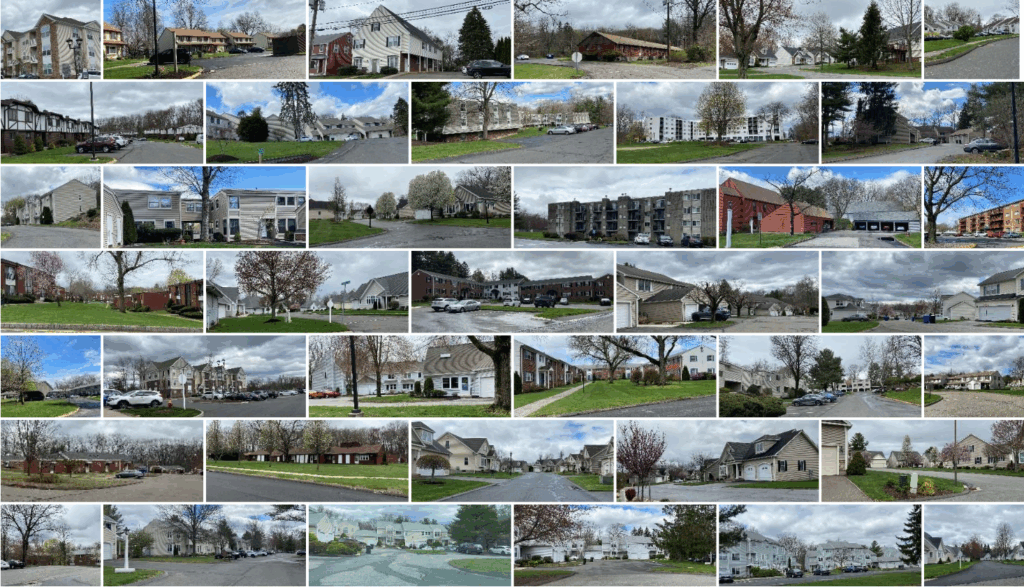
Affordable Housing Committee
Purpose: Work with the Town Council and other Town Boards/Commissions, Staff, and quasi-public / nonprofits in a Council appointed position to: advocate and oversee affordable housing efforts, educate the community about affordable housing. raise awareness of what the Town is required to do, and assist in managing the Special Housing Fund, if established. Maintain and update the Affordable Housing Plan every five (5) years as required by law.
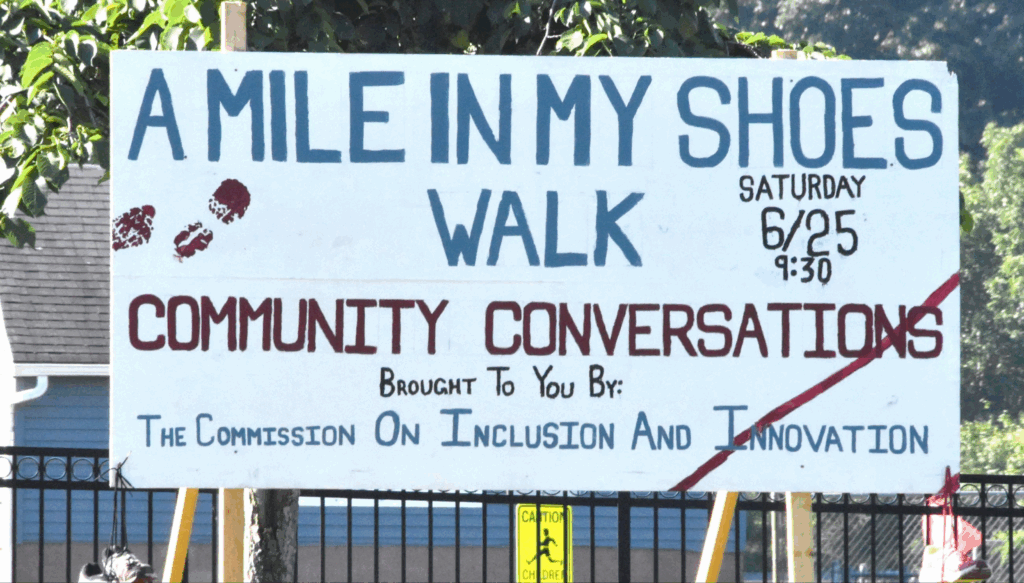
Commission on Inclusion and Innovation
Purpose: proactively building intergroup community relationships through the efforts of Town residents and business owners.
- Promote productive dialogues amongst the diverse facets of our community.
- Facilitate community-wide education programs that build awareness.
- Engage Town residents who do not normally have an opportunity to serve as appointed or elected officials.
- Base Commission’s goals and priorities on community input, facts and data analytics.
- Model best practices in navigating difficult conversations
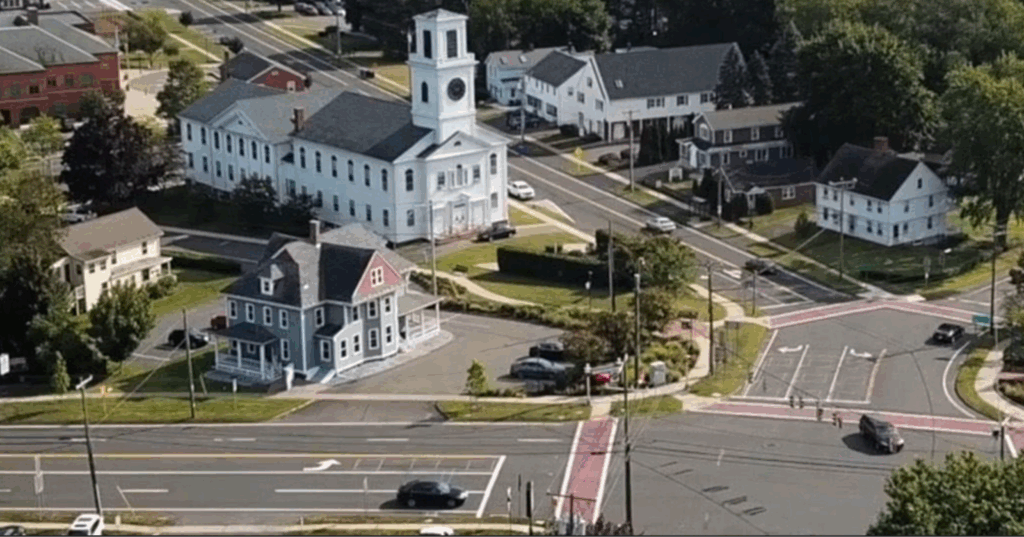
Economic Development Commission
Purpose: Cultivate long-term economic growth by fostering a clear & business-positive environment that encourages a growing, sustainable & diverse tax base.

Fair Rent Commission
Purpose: A fair rent commission has the authority to receive and investigate rent complaints, issue subpoenas, hold hearings, and order landlords to reduce rents for specific reasons. When a commission finds that rental housing does not meet the local or state health or safety requirements for housing, the commission may suspend rent payments until the housing is brought into compliance. Also, a commission may order a landlord to stop any retaliation against a tenant who makes a complaint to the commission.

Insurance Committee
Purpose: The procurement, management and control of all insurance and bonding requirements, other than employee benefits, and unless otherwise provided for by law, for the Town of Rocky Hill shall be vested in an Insurance Committee consisting of three electors of the Town who shall be appointed by the Town Council. Review an analysis with the town ‘s insurance company representative, all workers compensation and property and liabilities-auto-property claims, as well as updates on the town’s safety committee activities and programs.
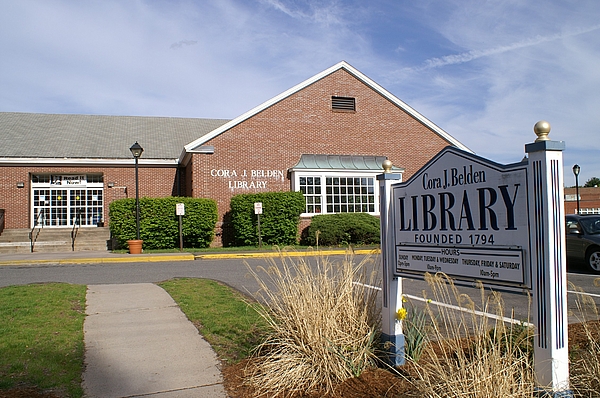
Library Board of Trustees
Purpose: Review new library policies and “act in an advisory capacity to the Library Director.”

Local Housing Authority
Purpose: The housing authority in Connecticut is a quasi-public agency responsible for providing safe, sanitary, and affordable housing. Its functions include:
- Entering into contracts and making or repealing bylaws, rules, and regulations.
- Investigating housing conditions and proposing ways to improve them.
- Constructing, reconstructing, improving, altering, or repairing housing projects.
- Establishing and revising rents or charges.
- Investing funds held in reserves or trust funds.
- Selling or leasing housing projects with the approval of the Secretary of the Office of Policy and Management.
- Financing the sale of state housing projects.
- Providing for the management of state housing projects

Open Space and Conservation Commission
Purpose: The Commission shall advise and make recommendations to the Town Manager, the Council, and other boards and commissions of the Town regarding the development and conservation of natural resources, including water resources within the territorial limits of the Town, and shall have such powers and perform such other duties as are conferred upon it by the Connecticut General Statutes, the Council and the Town Manager.

Parks and Recreation Advisory Board
Purpose: The Department of Parks and Recreation shall have charge of all parks, park and recreation properties, and of all recreational activities, including aquatics and senior citizen programming. The Department shall provide ordinary care and maintenance of park grounds and buildings and all public grounds, including Board of Education grounds by agreement with said Board. The Advisory Parks and Recreation Board shall study the parks and recreation facilities and programs of the Town and shall meet with the Director of Parks and Recreation on a regular basis to advise with respect to the development and use of the Town’s parks and recreation program. The Director of Parks and Recreation shall be appointed by the Town Manager and shall make rules for the use of parks, public grounds and recreation facilities consistent with the ordinances of the Town and the Connecticut General Statutes.

Personnel Review Board
Purpose: The Personnel Review Board shall hear appeals from any action pertaining to any disciplinary action suspending, demoting or removing any full-time employee or regular part-time employee (working 20 hours or more weekly on an annualized basis) and not represented by a bargaining unit and report, in writing, to the person taking the action appealed from its findings and decisions therein… Board shall report, in writing, the recommended decision on disciplinary actions to the appointing authority
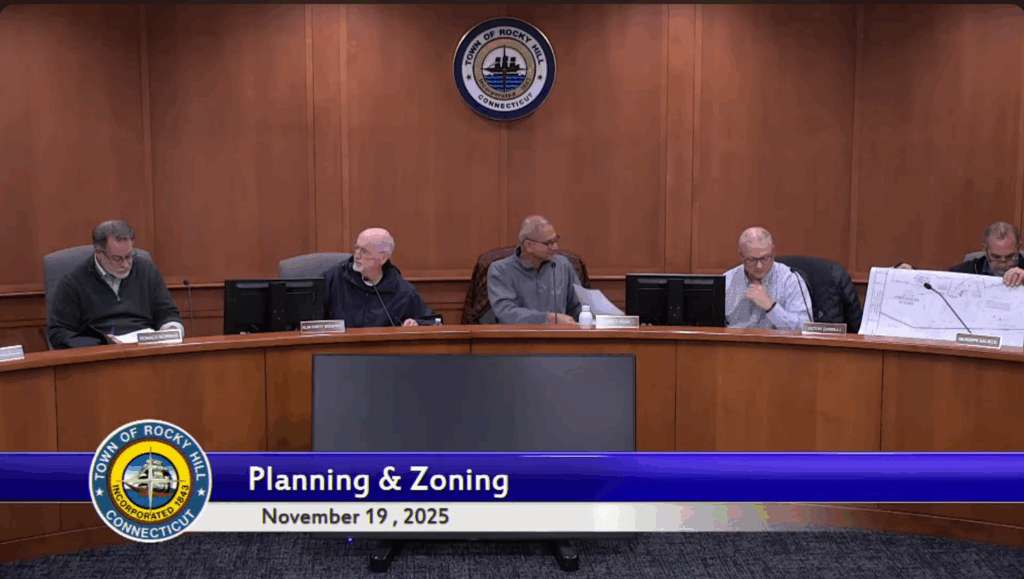
Planning and Zoning Commission
Purpose: The Planning & Zoning Commission is an elected commission responsible for the use of land and buildings in the Town. The commission updates and maintains the zoning code which decides what can be built in town, and reviews building applications. The Commission is also responsible for updating the Plan of Conservation and Development every ten years.
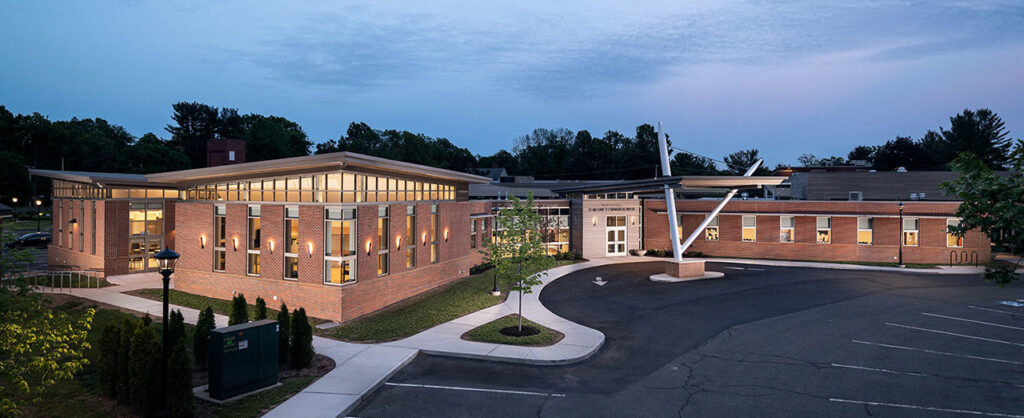
Public Buildings Commission
Purpose: In the case of any construction or remodeling of a Town building where the cost will exceed $1,000,000, the Council shall grant to the Commission, by resolution, those duties and powers as it deems appropriate, including but not limited to review of preliminary and final plans in consultation with staff. In all other cases, the Council may, in its discretion, grant to the Commission, by resolution, those duties and powers as it deems appropriate under the circumstances.

Sustainable Rocky Hill CT Task Force
Purpose: The Sustainable Rocky Hill task force is an advisory body appointed by the Town Council to:
- Advance goals to continue accreditation by Sustainable CT and participate in other state and federal sustainability initiatives.
- Explore and promote issues related to sustainability, enabling full participation and accessibility for all residents.
- Facilitate a range of community-based education programs and forums for exchange that promote civic engagement and communication about sustainability in Rocky Hill.


